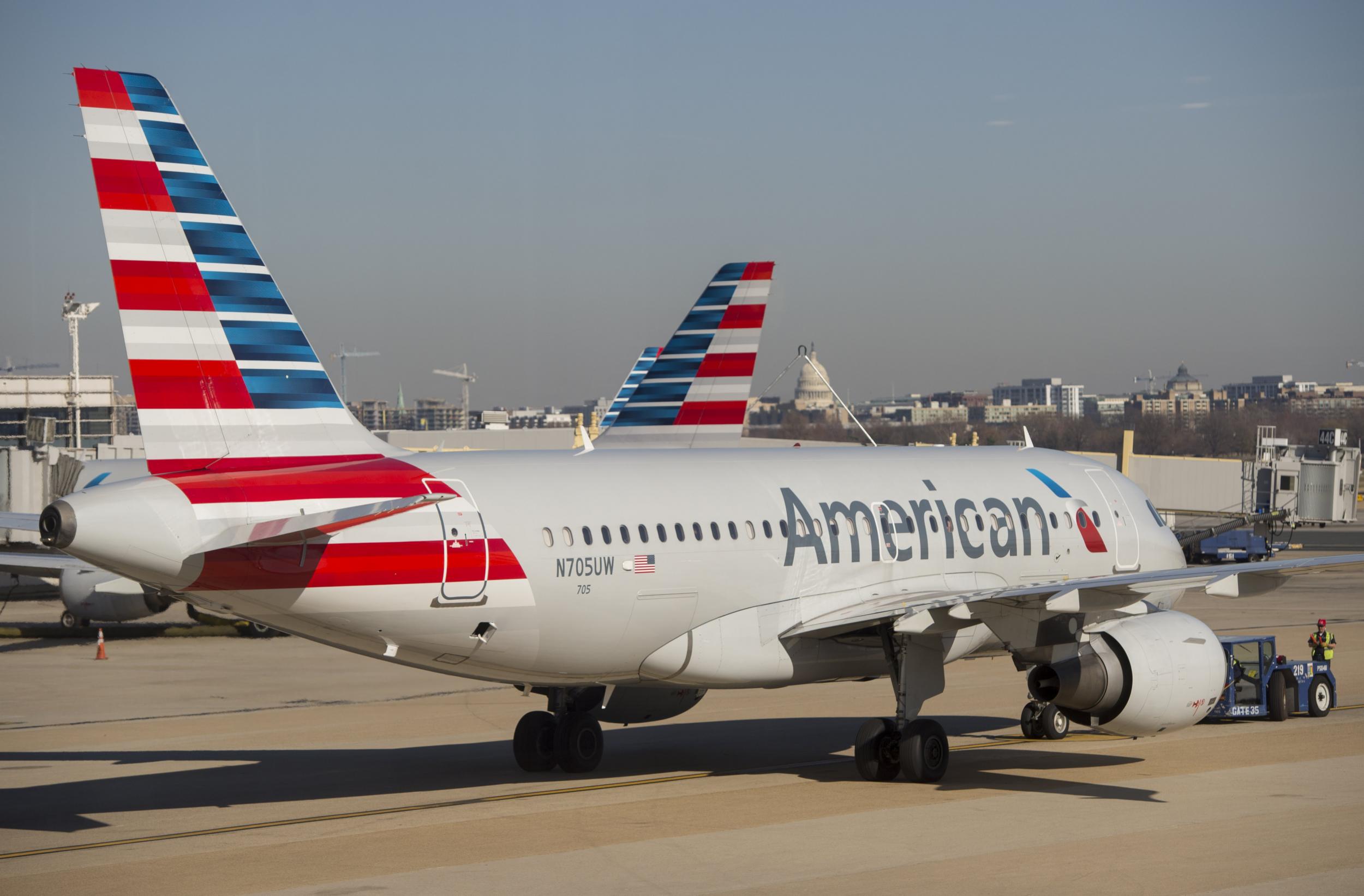Passengers arriving from France and Germany report flu-like symptoms at Philadelphia airport
The scare comes just a day after passengers reported similar symptoms at a New York airport

Your support helps us to tell the story
From reproductive rights to climate change to Big Tech, The Independent is on the ground when the story is developing. Whether it's investigating the financials of Elon Musk's pro-Trump PAC or producing our latest documentary, 'The A Word', which shines a light on the American women fighting for reproductive rights, we know how important it is to parse out the facts from the messaging.
At such a critical moment in US history, we need reporters on the ground. Your donation allows us to keep sending journalists to speak to both sides of the story.
The Independent is trusted by Americans across the entire political spectrum. And unlike many other quality news outlets, we choose not to lock Americans out of our reporting and analysis with paywalls. We believe quality journalism should be available to everyone, paid for by those who can afford it.
Your support makes all the difference.Several sick passengers at the Philadelphia airport prompted the Centers for Disease Control (CDC) to hold 250 people for medical examination.
The passengers were on American Airlines flights arriving from Paris and Munich and reported flu-like symptoms like coughing, fever, or vomiting akin to the passengers on an Emirates flight at JFK International airport in New York just one day before.
Airport spokesperson Diane Gerace said in a statement: "As a precaution, all passengers on the two flights—totaling about 250 plus crew—were held for a medical review and the CDC was notified. CDC, the Philadelphia Health Department, and Philadelphia Fire Department personnel performed medical evaluations and assessments. The passengers—except for the 12 affected—are in the process of being released."
The CDC said in a statement to The Independent: "CDC and Philadelphia public health officers worked with [medical and airport] officials to evaluate and test the ill passengers for influenza and other respiratory illnesses. 12 passengers from the two flights reported sore throat and cough; none were identified with fever. None of the passengers are severely ill, and they will be released and informed of test results in 24 hours. Passengers from the two flights who were not ill continued with their travel plans. We will have more information as test results are confirmed."
American Airlines spokesperson Leslie Scott said neither of the crews had called the airport prior to landing to alert them to ill passengers.
At this time no other Philadelphia flights have been affected, the spokesperson confirmed.
It is unclear if the passengers were allowed to leave the plane in order to undergo medical examination or what exactly was affecting them.
At least 19 passengers and crew on the Emirates flight from Dubai to New York were confirmed as ill after landing. Three passengers and seven crew members from that flight were treated at a local hospital.
Of the 500 people on the Dubai flight, 106 had reported some sort of symptoms. All underwent respiratory tests at JFK.
New York City acting Health Commissioner Dr Oxiris Barbot had told reporters at the time what affected passengers was "probably influenza".
At least one passenger on the Dubai flight told CNN several people had been exhibiting symptoms before boarding the nonstop flight in the United Arab Emirates. She had asked flight attendants for a mask and commented "they should never had been allowed to board."
The Emirates plane, a double-deck Airbus 380, was taken to a location away from the terminal so emergency officials could evaluate the situation, according to Port Authority of New York and New Jersey officials.
Caution had likely been exercised over concerns of a disease first identified in 2012, Middle East Respiratory Syndrome (Mers). Approximately 440 people died from Mers - also known as camel flu - between 2012 and 2015, according to the World Health Organisation.
In December 2017, the US federal government lifted a three-year ban on funding the development of three diseases: Mers, influenza, severe acute respiratory syndrome (Sars).
Lifting the ban helps scientists "develop strategies and effective countermeasures against rapidly evolving pathogens that pose a threat to public health,” National Institutes of Health’s Director Francis Collins said at the time.
Agencies contributed to this report
Join our commenting forum
Join thought-provoking conversations, follow other Independent readers and see their replies
Comments